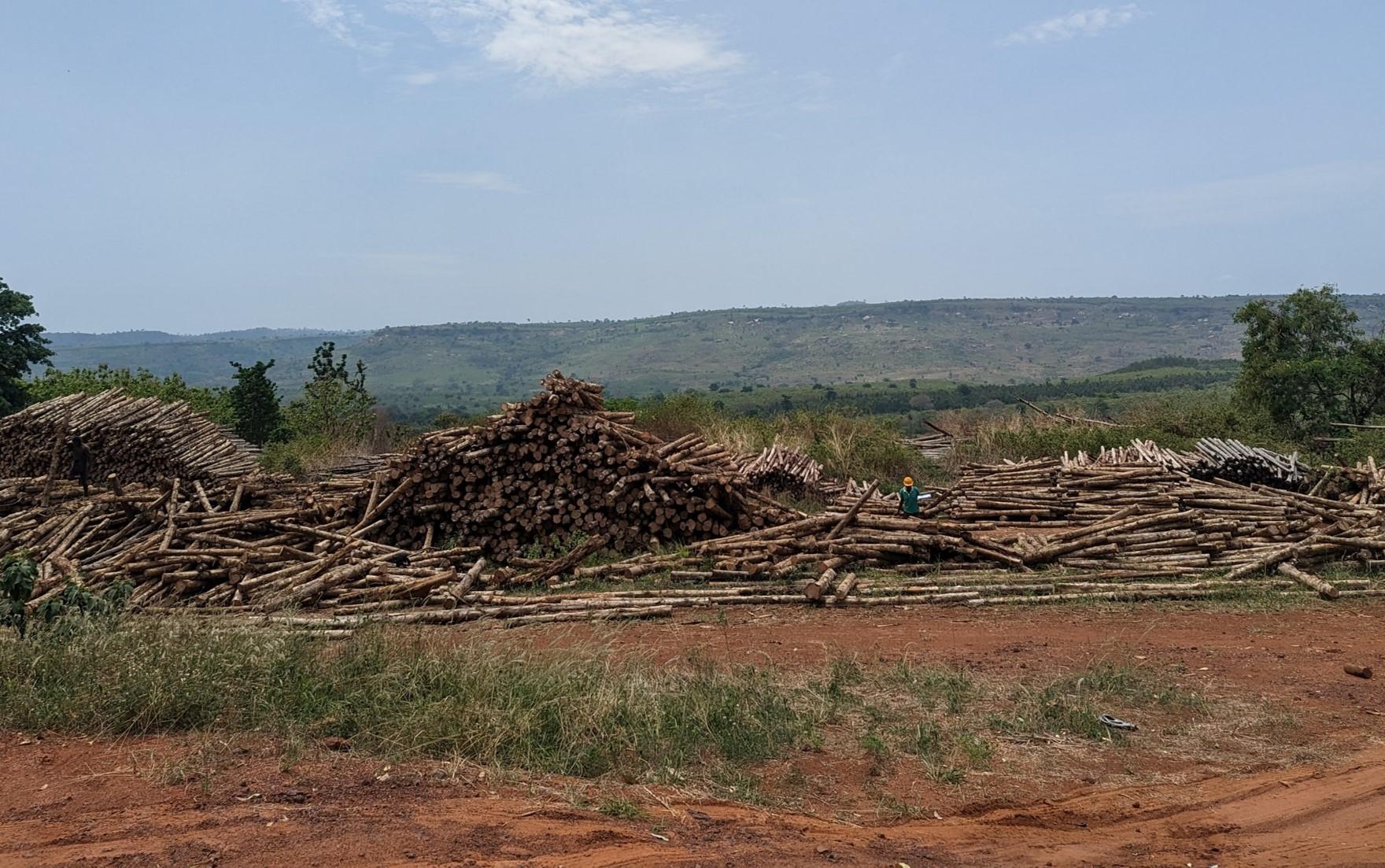
The sustainable management of forests is essential for both people and nature. The Centre is developing the research evidence base, management tools, and policy mechanisms to ensure that timber production is sustainable, legal, and meets both biodiversity conservation and essential societal needs.
Over 1.6 billion people depend on forests and forest products in some way for their livelihoods, while forests contain about 80% of all biodiversity. The production of timber alone occurs in a third of all forests worldwide and contributes more than $1.5 trillion to national economies. The global demand for timber is expected to rise throughout the remainder of this century due to increasing urbanisation and the shift away from carbon intensive production materials.
The overexploitation of timber-producing tree species via selective logging in tropical forests threatens the long-term sustainable flow of this vital resource, the survival of harvested species, and the hyper-diversity of unexploited flora and fauna living within timber-producing forests. Developing the methods and tools to ensure sustainable offtakes of harvested species, to delimit areas of critical conservation value, and to identify, monitor and prevent illegal harvesting in the face of ever-changing demand for key commercial species is therefore a global priority.
The Centre's researchers are delivering the scientific evidence-base for how to ensure that timber harvesting balances the core needs for sustainable wood production, biodiversity protection, carbon stocking, and delivery of other ecosystem services. We are developing tools to identify and monitor illegal timber harvest and markets, and through collaboration and training are ensuring that these tools help timber-producing nations to protect their forestry resources. We have extensive expertise in tropical timber-production within the Amazon, Congo, South-east Asia, and within key temperate to boreal forestry systems in USA, Canada, Europe and China.
